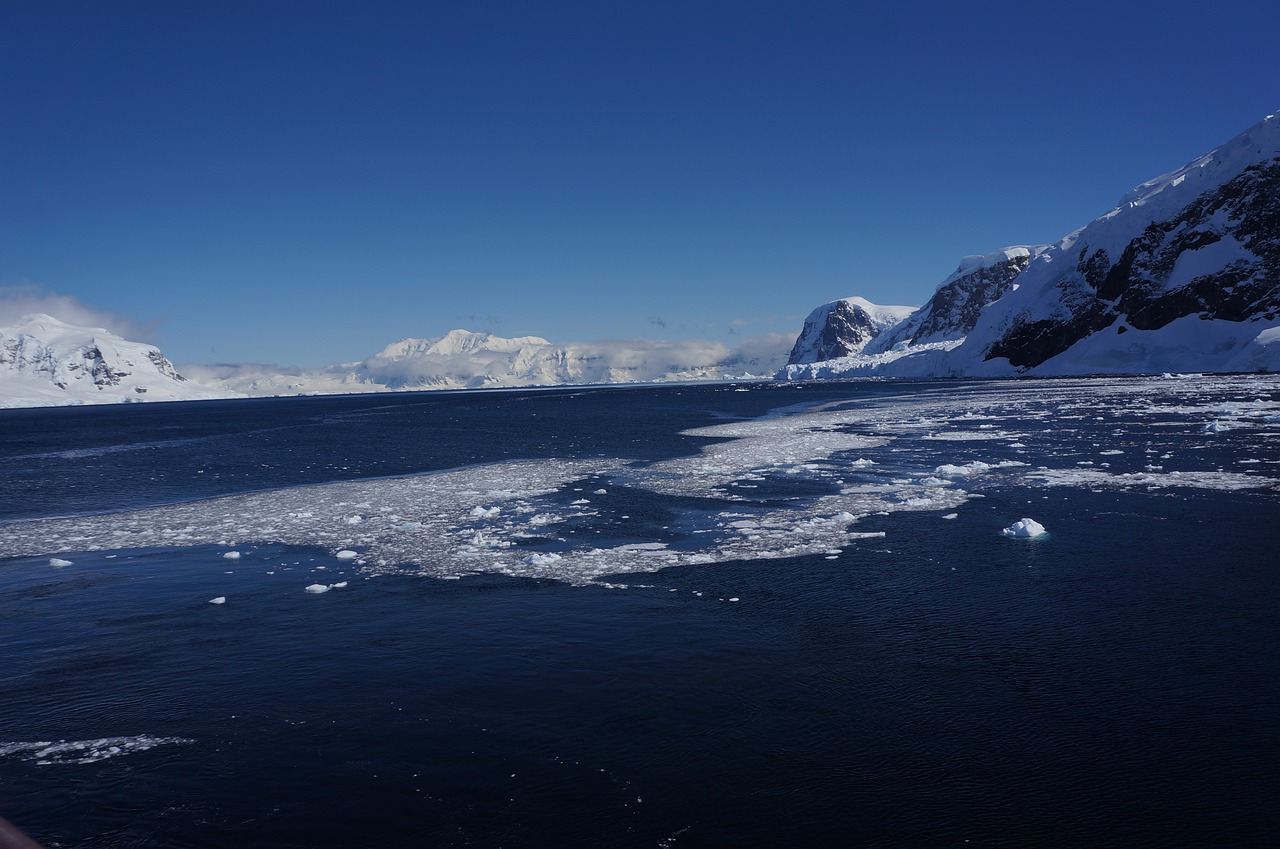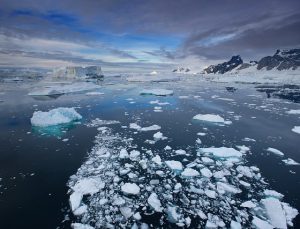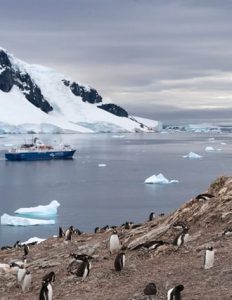
65 Degrees in Antarctica – Should We Be Scared?
After a pretty warm 2019, we are looking at new record-breaking temperatures in regions that are known for being the absolute coldest on the planet – Antarctica. The new temperature is about 69.3 °F, or 20.75 °C. This means that, for a time, you could stroll around the South Pole with a jacket and some boots and not be afraid about freezing. In fact, you may even feel warm.
Naturally, this news is unsettling to many people. Let us discuss this record-breaking event and its possible repercussions. Is it a fluke, an unverified report, or is it a potentially dangerous omen?
Weather Services and Lewis Pugh

The national weather service of Argentina, SMN, published a tweet on February 6, listing the new record of 65°F. This temperature was recorded at Esperanza Base. Merely three days later, the record was broken yet again, with 69.3 °F, or 20.75 °C, at Comandante Ferraz Antarctic Station. These reports are yet to be confirmed by the World Meteorological Organization, which is, at the time of writing, preparing a committee to verify the readings.
The climate change caused this historic rise in temperature, unlike anything we have seen since the scientists started measuring the temperatures in 1961. Images of Antarctica now show patches of rocks.
Lewis Pugh, an endurance swimmer, took a swim in East Antarctica on February 7. The fact that he could do this without any major consequences to his health is a testament to the area becoming warmer. There have been a few reports saying that other parts of the world were now colder than Antarctica, including some parts of the UK.
Is There Cause for Alarm?

If the ice at the South Pole would melt, it would cause a rise in the sea levels of about 50 meters over the course of a few centuries. In other words, you and your loved ones are not going to drown because of this. However, the glaciers are moving and melting and in a few hundred years, we may be looking at a slightly different world map.
Climate change deniers often talk about nature’s self-regulating power and the fact that the rise in temperature and CO2 emissions is not significantly affected by human activity when compared to what the planet itself is capable of producing. We must remember, however, that these systems are all interlocked, meaning that the climate of the world may be changing significantly.
So…
There may be no immediate cause for alarm, but the effect humankind has on the planet must not be ignored. Even if we don’t feel the biggest hit from climate change, the generations after us certainly will. There are other causes for concern, as the rise in temperature will most certainly impact the wildlife, and, by extension, the commerce. So, you don’t need to panic just yet. You do, however, need to be more than a little worried.
